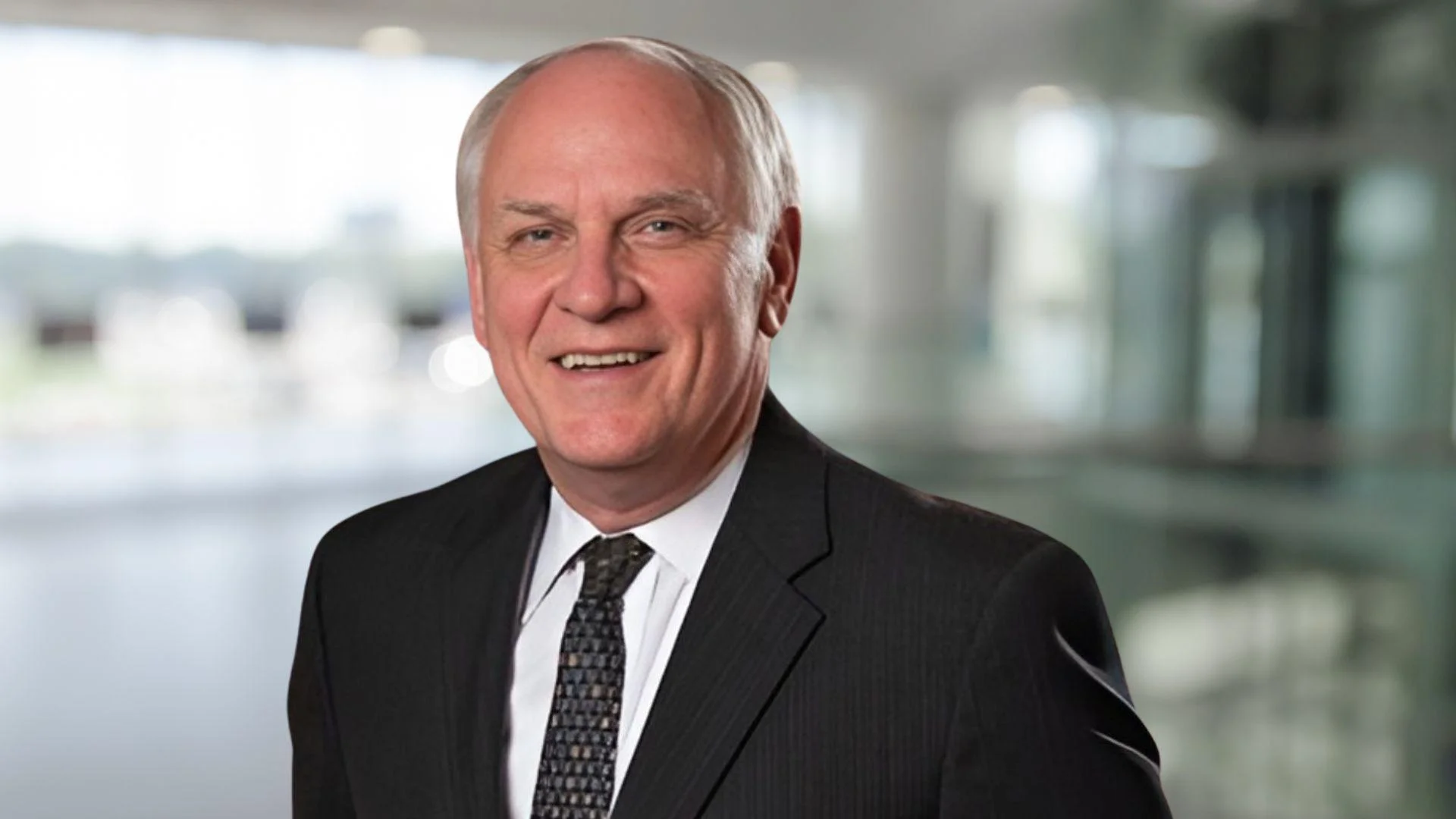This expansion comes during a period of transition for Avelo. The airline recently faced criticism over its operation of deportation flights for Immigration and Customs Enforcement and announced plans in July to end West Coast operations and exit ten cities by December.
Earlier this month, Avelo secured a round of new funding described as “significant.” Reports indicate that Embraer participated in this investment round, but both companies declined to comment on those reports.
Avelo’s financial results have shown challenges; the airline reported a $13.7 million operating loss in the first quarter of 2025. Levy attributed this loss partly to increased competition in core markets such as Connecticut but noted that competition has since eased and adjustments have been made to address losses. "We didn't just get stupid in the first quarter," Levy said.
Most of Avelo’s new E195-E2s are intended for network growth rather than replacement of existing aircraft. Levy pointed out that airports with shorter runways—5,000 feet or less—will become accessible thanks to Embraer's short-field performance package installed on these planes. As an example, Key West International Airport (EYW), which has a runway length of just over 5,000 feet, could benefit from these capabilities.
Avelo plans to start service at Key West on November 19 with twice-weekly flights from Tweed New Haven Airport (HVN) in Connecticut.
The airline also sees potential for using E2 jets at smaller bases like Lakeland Linder International Airport (LAL) in Florida, opening possible routes to larger airports already served by Avelo such as Baltimore-Washington International Airport (BWI) and Chicago O'Hare International Airport (ORD).
The E195-E2 has a range capability up to approximately 3,450 miles—the distance between Anchorage and Atlanta—and is expected by Embraer executives to be about 30% cheaper per trip than older Boeing models used by Avelo.
Levy said that as more E2s join its fleet, Avelo will retire its eight Boeing 737-700s while maintaining dual operations with both Boeing 737-800s and Embraer E195-E2s moving forward.
“I've always wanted a new version of the MD-80,” Levy said. “A 150-seat airplane that can fly 4-5 hours.”
 Alerts Sign-up
Alerts Sign-up




































